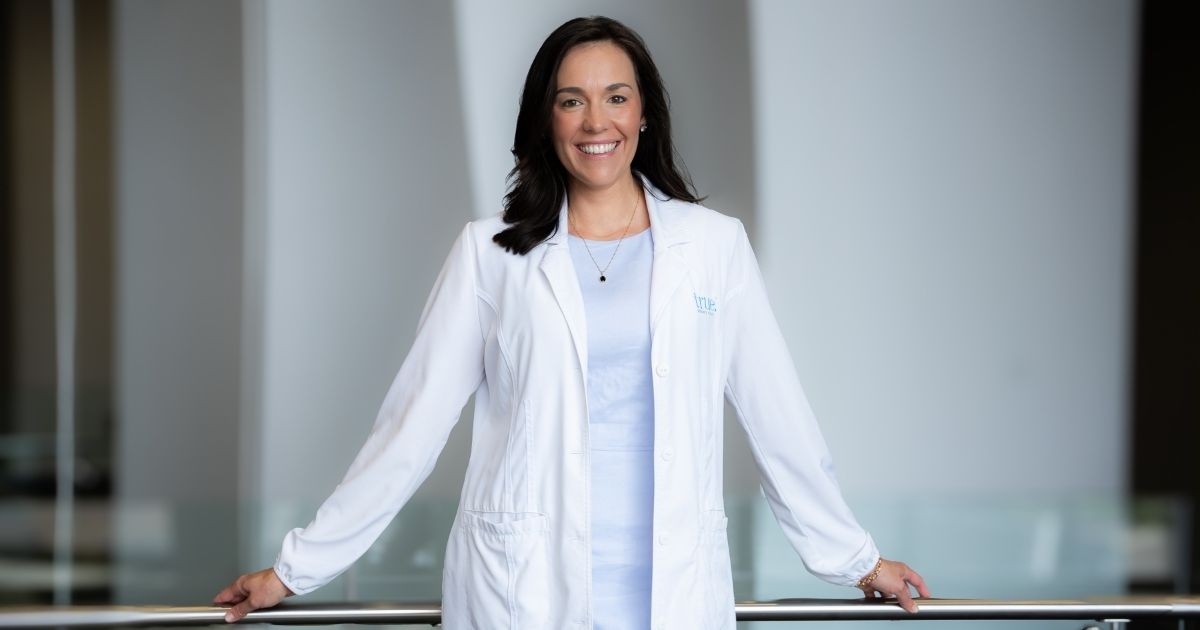In today’s digital world, young people are spending more time online than ever before—and while technology offers connection and creativity, it also brings serious risks. One growing concern is the link between social media and eating disorders among youth.
The Pressure of Perfection
With the rise of artificial intelligence (AI), many images and videos online are digitally altered—yet teens often don’t realize it. These AI-enhanced posts promote unrealistic beauty standards, making young people feel they need to change their appearance to fit in. This pressure can lead to harmful behaviors, especially around food and body image.
Social Media’s Impact on Eating Habits
Platforms like Instagram, TikTok, and YouTube often glorify extreme dieting and exercise. Studies show that over half of girls aged 13–14 with social media accounts have changed their eating habits—skipping meals or over-exercising—due to what they see online. Boys are affected too, with nearly 45% reporting similar changes.
Cyberbullying adds another layer of harm, especially when it targets weight or appearance. And algorithms can make things worse: a 2023 report found that YouTube often recommends harmful content to teens searching for diet tips, including videos that glamorize eating disorders or even promote self-harm.
Real Lives, Real Consequences
One young girl shared how her innocent interest in gymnastics videos turned into a dangerous obsession with weight loss. By age 12, she was learning terms like “purge” and “restrict” from YouTube. Diagnosed with anorexia in middle school, she’s been hospitalized five times.
How You Can Help
Whether you're a mom, grandma, aunt, or mentor, your voice matters. Here’s how you can support the young people in your life:
-
Talk openly about body image, food, and self-worth.
-
Remind them that online content is often edited or staged.
-
Monitor social media use and set healthy boundaries.
-
Seek professional help early if you notice signs of disordered eating.
Together, we can protect and empower the next generation. Awareness and compassion are powerful tools—and every conversation counts.
Help Is Available at Pine Rest
If you’re concerned that your child is having issues with body image, disordered eating, over exercising or an eating disorder, Pine Rest is here to help. We offer treatment for children through outpatient therapy and through an intensive daily program for those who need a higher level of care.
For more information, visit Pine Rest’s website page on eating disorders.
Brittani Hyde, LMSW, MBA, serves as the Supervising Social Worker for Pine Rest’s Adolescent Partial Hospitalization Programs, overseeing both the general adolescent and eating disorder programs.
Courtesy of Pine Rest Christian Mental Health Services.
Photo by Getty Images, courtesy of Pine Rest Christian Mental Health Services.




